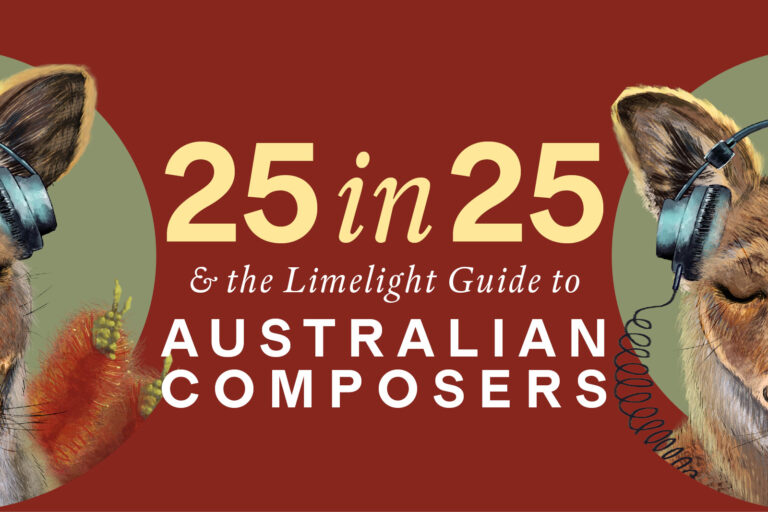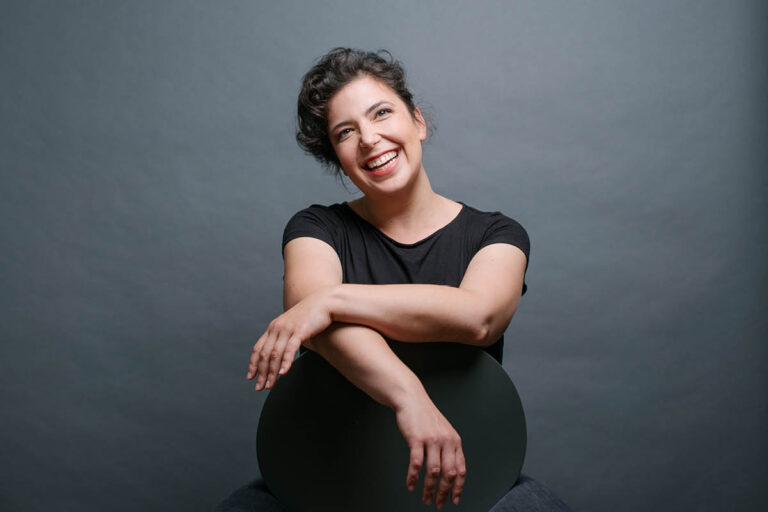One of the great joys of attending The Cooperative’s productions is counting the pinch-me moments (there are three this year) that outweigh the shortcomings of a shoestring budget and a mixed-ability company.
The first stems from the wonderfully high standard of the chorus that dominates Verdi’s Nabucco from the opening Gli arredi festivi giù cadano infranti (The festive trappings now lie broken) to the perennial favourite, Va, pensiero – the Chorus of the Hebrew Slaves.
In director Menila Moineaux’s staging, motivated by the plight of innocent war victims, the chorus members and children’s ensemble appear in their everyday attire, seemingly seeking refuge in the Pitt Street Uniting Church.
It’s an inspired choice that makes the audience feel at one with the chorus.

Bernard Leong-Lokman and chorus in The Cooperative’s Nabucco. Photo © Eddy Furlong
This is particularly poignant in Va, Pensiero, when a lone singer delivers the first few bars, seated in the dark next to an unsuspecting member of the audience. She is then joined by another chorus member seated in a different pew, and so it builds to a goosebump-inducing climax with voices coming at us from every corner of the hall,...
Continue reading
Get unlimited digital access from $4 per month
Already a subscriber?
Log in










Comments
Log in to start the conversation.